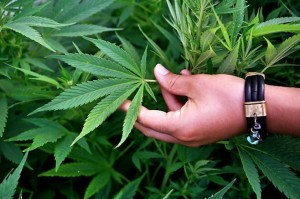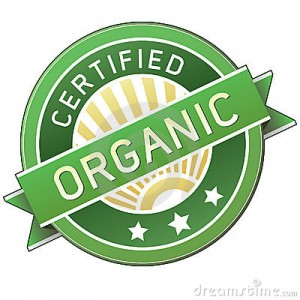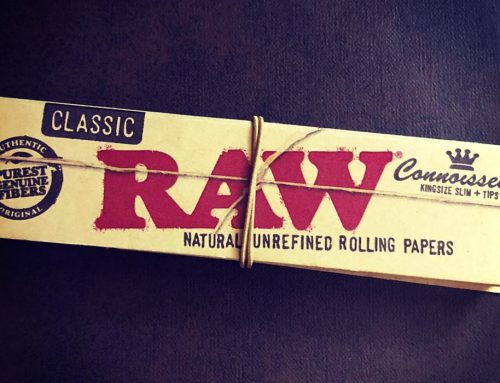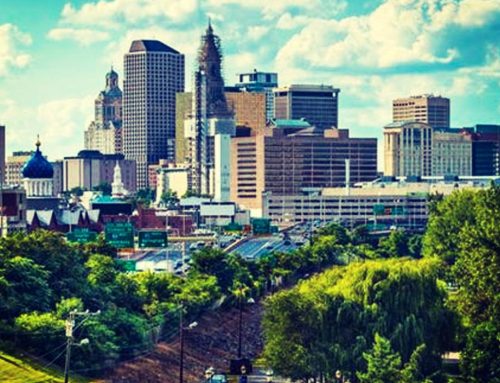“Organic” is a big selling point in the marijuana world. Stoners tend to be conscious of both environmental and health issues, and they often want cannabis that matches those interests.
 But when it comes to marijuana, “organic” doesn’t mean what most people think it does. In fact, it doesn’t mean anything at all.
But when it comes to marijuana, “organic” doesn’t mean what most people think it does. In fact, it doesn’t mean anything at all.
“Certified” or otherwise, “organic” is just a label growers put on their product to increase profit. Some of their produce might actually be organic, but much is not.
That’s because cannabis remains illegal under federal law, even as four states have legalized it using their own laws. The federal government has defined “organic” as it applies to food, but that doesn’t cover controlled substances.
Controlled substances not covered under federal law
That means growers can claim almost any marijuana is organic, and no one can stop them. Lawmakers in Colorado could soon act on the problem by creating a statewide definition of the term and regulations to enforce it.
“Consumers have a right to know what they’re putting in their body,” said state Rep. Jonathan Singer.
Singer has authored legislation that would enact new regulations. Rather than directly creating a legal definition of “organic,” the bill would direct the state’s agricultural department to hire a third party to draft one.
Thousands of “organic” plants seized in Colorado
 Worries about organic cannabis claims surfaced last year when health officials in Denver seized thousands of plants and accused growers of using banned chemicals, none of them organic. Even so, much of this product was labeled “natural” and “organic.”
Worries about organic cannabis claims surfaced last year when health officials in Denver seized thousands of plants and accused growers of using banned chemicals, none of them organic. Even so, much of this product was labeled “natural” and “organic.”
Medical marijuana patients are especially vulnerable to misleading claims about how the drug is produced. Belief that cannabis is organic is one reason many patients prefer the drug to prescription medications, said Teri Robnett, director of the Cannabis Patients Alliance.
Statewide rules should resolve the problem, Robnett said, giving patients access to healthier choices. The legal marijuana industry generally supports Singer’s legislation, but growers say they shouldn’t have to pay for the cost of enforcement.
Enforcement and regulation could be burdensome for smaller cultivators
That could be a particular burden to small “craft cannabis” cultivators, since they are charged whenever regulators inspect their plants.
The federal government defines “certified organic” as plants grown on soil free of banned substances, including most synthetic fertilizers and pesticides. The definition requires that growers get state approval for any use of prohibited chemicals for cultivation purposes.
Even with this definition, there is a considerable amount of fraud involving the use of “organic,” with marijuana and with other plants. Organic products have become increasingly popular in recent years – popular enough that they can be found even in big box retailers and warehouse grocery stores.
Cannabis is no exception. The market for organic product is large and likely to continue growing. The need for regulations and enforcement will keep growing with it.






